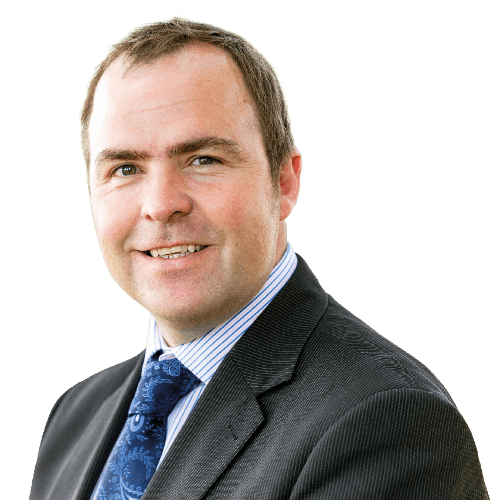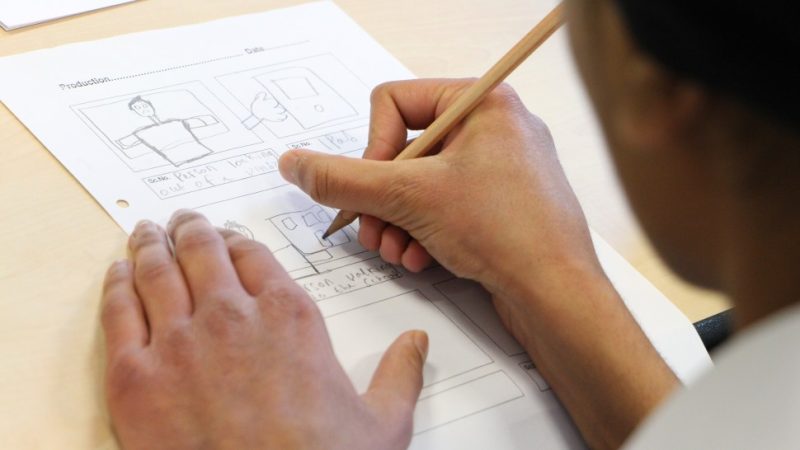Headteachers – Pupils are your priority, not Ofsted, Progress 8 or league tables

Ethical leadership means doing right by your students, even if it means dropping a few places in the league tables, says Jason Thurley…

A student recently transferred to our school from another secondary described how Year 9 options were chosen there. “I was top set, so we had to do French. I wanted to do art and photography, but we weren’t allowed to pick two subjects from art.”
I looked at mum. She nodded, adding, “School said both wouldn’t count”. Wouldn’t count? Has an employer ever said to a young person, ‘Sorry – you say you got eight GCSEs, but you can’t count art and photography, so you only actually got seven’?
It’s a very odd approach where students who love doing artistic subjects are told they can’t study more than one because they won’t all count.
Who don’t they count for?
Only the school in the league tables at that particular time, yet students’ GCSE results will sit on their CVs forever.
This is just one example where ethics don’t seem to be at the forefront of decision-making in education.
For me, ethical leadership means putting the interests of the student above everything else, including progress 8 scores, Ofsted and league tables.
I’m fortunate in that I work for Wellspring Academy Trust. The trust and the leaders across its 25 schools have all recently signed up to the new Framework for Ethical Leadership; a framework designed to help schools focus on ethics in decision-making.
Putting ethics at the heart of what we do in this codified way has strengthened what was already fundamental at Wellspring.
Another chance
In terms of how that works in practice, at Beacon we give students wide option choices in Year 9 that align to their aspirations.
We ensure students choose the options they want to study.
We don’t do ‘guided’ options, or have ‘top band’ students picking from a different list to those in lower bands, in order to maximise progress 8, EBacc measures (‘Top set do French’) and enhance league table positions.
We tell prospective parents that we run the school for their children. We make decisions in the best interests of the children, even if that negatively affects our league table position.
Pupil numbers have more than doubled in two years and we’re now oversubscribed.
No parent has moved their child to another local school because we don’t top the league.
Parents I speak to seem cynical about schools marketing themselves as ‘the best’, based on the current performance measures, when staff don’t know their child well and they have more chance of meeting the pope than their headteacher.
One key part of the trust’s ethical approach is our aim to never permanently exclude.
To me, ethical leadership means admitting students who may have failed at other schools, or been in home education or alternative provision, and giving them a second, third or fourth chance.
We’ve taken in many students who have made good progress from the point of entry and achieved a full suite of GCSEs that has seen them on to the next chapter.
Were my staff able to make up all the lost ground across all subjects? No. Did this mean a lower progress 8? Yes. Will we continue giving children another chance? Yes, we will – despite the current system not rewarding those schools that act ethically and provide second chances.
Quick results
Another student joined us at the end of Year 9, having spent two years in home education. In year 7, his first school persuaded him to find somewhere else. His second school told him that home education was a good option.
No other schools were willing to admit a student two years behind his peers, because why would they? For many secondary headteachers, quick results are a priority.
In contrast, I know we can admit the student and do the right thing by them. Even if we can’t make up all the lost ground, our trust will support us. Wouldn’t it be great if everyone felt the same way?
The student in question completed secondary school and achieved above expectations. If we hadn’t taken a chance on him, would anyone have blamed us, given the current climate?
I’m glad we did, and we’ll do the same again in future. At a time when secondary schools are under pressure to consider how children can help them with their performance tables, ethical leadership means asking how a school helps its children.
Jason Thurley is headteacher at Beacon Academy, Cleethorpes.











